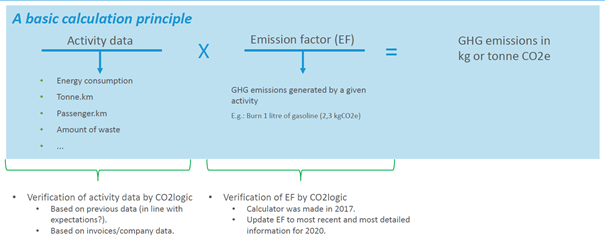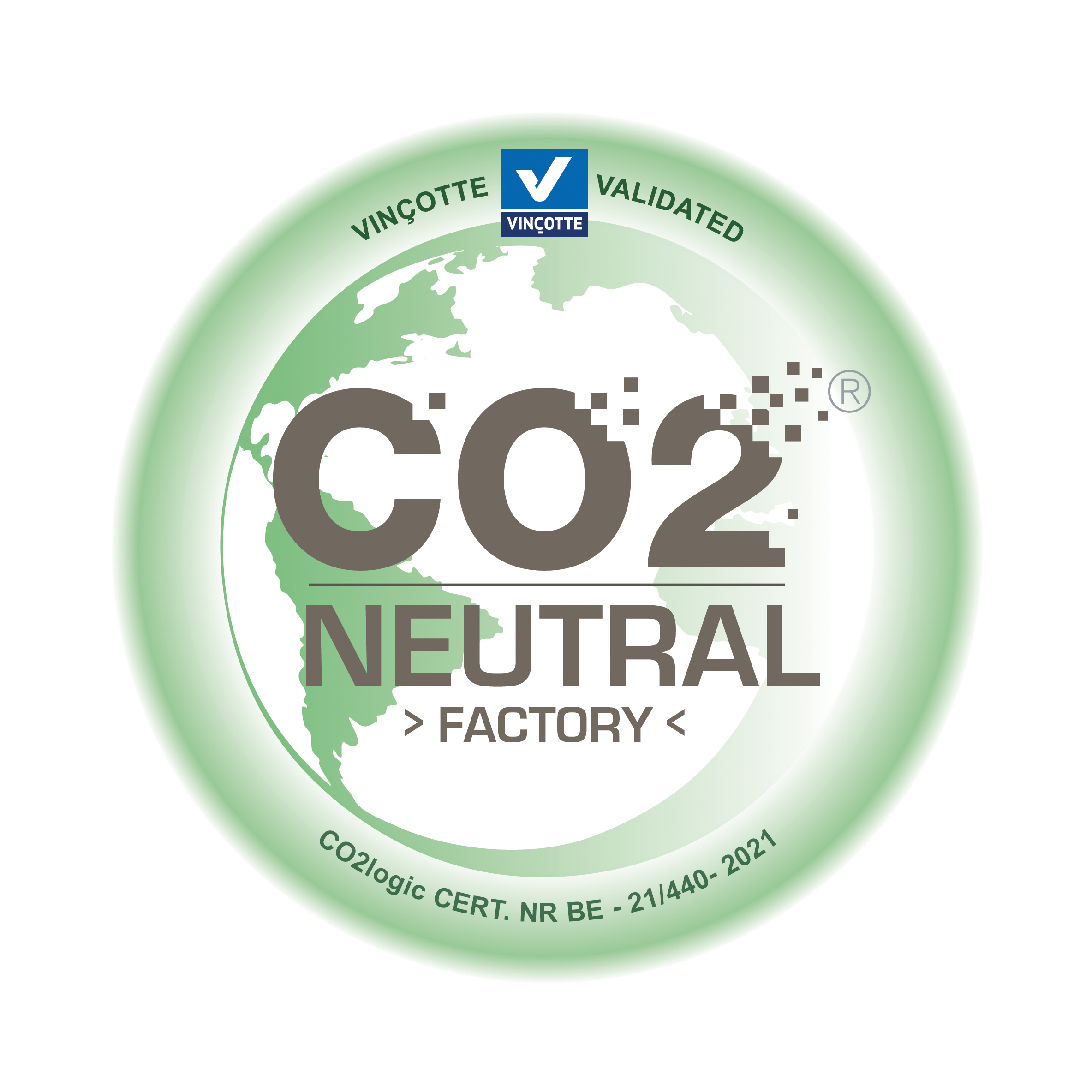Siorom, Sioen’s Romanian manufacturing plant, is CO2-neutral

Climate neutrality @ Siorom
Siorom, one of our manufacturing plants that is located in Romania, has obtained the official CO2-Neutral ® label. It means that the plant’s carbon emission is reduced as much as possible and the remaining CO2 emission is counterbalanced by offsetting it. We support a forestry climate project in Guatemala that focuses on forest conservation and indigenous communities support.
Road towards CO2-neutrality
We asked CO2logic to look into the corporate carbon footprint related to our Siorom activities. Siorom is our Romanian manufacturing plant. With the CO2logic review, we aimed to
- get an overview of our daily operations and energy expenses at Siorom;
- identify where the strengths and possible improvement areas were in terms of CO2 emissions;
- and to identify KPIs to set goals for the coming years in order to reduce our impact on the climate;
- look into the possibility and cost to becominge CO2-neutral through support of a climate project, which is called offset;
To calculate Siorom’s carbon footprint, the Bilan Carbone methodology was used, a standardised framework to measure and manage greenhouse gas (GHG) emissions from private and public sector operations, value chains and mitigation actions.
Sioen first calculated the GHG emissions by using the carbon footprint calculation file that was designed by CO2logic in 2017. Then those figures were verified by CO2logic.

The image above shows the basic calculation principle in which the activity data, such as energy consumption and amount of waste are multiplied by the emission factor, which consists of the GHG emissions that are generated by a given activity. After calculating our GHG emissions ourselves, CO2logic verified our activity data based on the previous data and based on invoices and company data. Then, they also verified our emission factor with the help of the calculator they created in 2017 and they updated the Emission factor to the most recent and most detailed information for 2020.
Sioen reduced its CO2 emissions as much as possible, by, for example, introducing LED lighting.
A forestry climate project for offsetting
When a company in itself isn’t CO2-neutral yet, it has the opportunity to offset the CO2 emissions by supporting certified climate projects.
For offsetting, Sioen chose a forestry climate project in Sierra de Lacandon, Guatemala. The project includes forest conservation and indigenous communities support.
Thanks to supporting stronger local governance:
- Illegal practices decrease (hunting and logging);
- Legality of land use rights is assured;
- Women are empowered;
- Ecosystems are conserved;
- Environmental functions of the forest are protected;
- Reforestation is stimulated and deforestation is limited;
- Biodiversity is supported;
In numbers, this means that 35 000 000 trees are conserved, 16 000 hectares are protected and 50 000 tonnes of CO are avoided.
CO2Logic and the CO2-neutral® label
CO2Logic is ‘specialised in climate and CO2 offsetting projects in developing countries’. They have developed a CO2-neutral® label in collaboration with independent 3rd party Vinçotte, based on the internationally recognised PAS2060 standard. The label ‘guarantees that labelled organisations are actively calculating, reducing and compensating their local and global climate impact’.

Siorom
Siorom is Sioen’s manufacturing plant in Romania. Most of our Sioen Apparel brands produce their PPE in this plant. It involves the following brands: Sioen PPC, SIP Protection, Sioen Firefighter Clothing, Mullion, Sioen Ballistics and Baleno.
SDGs
By becoming CO2-neutral, the Siorom manufacturing plant helps to achieve Sustainable Development Goals 12 (Ensure sustainable consumption and production patterns) and 13 (Take urgent action to combat climate change and its impacts).

